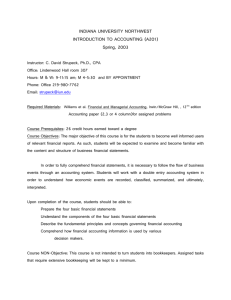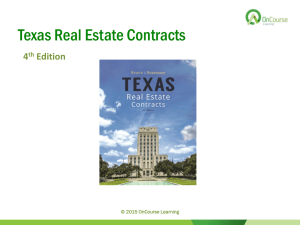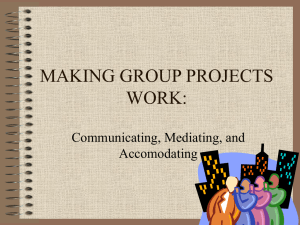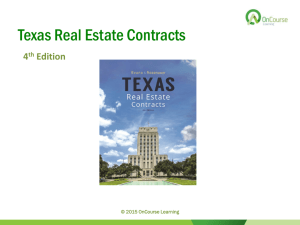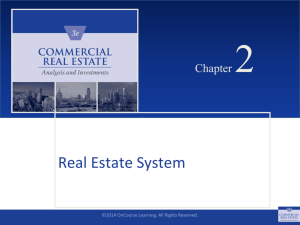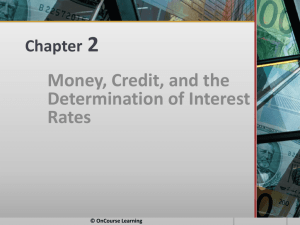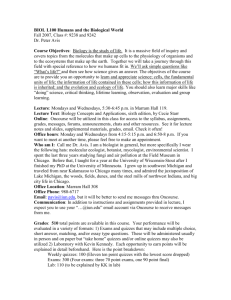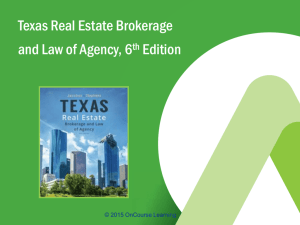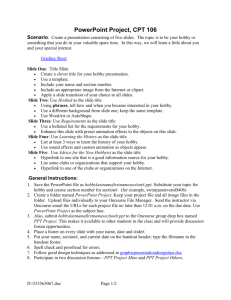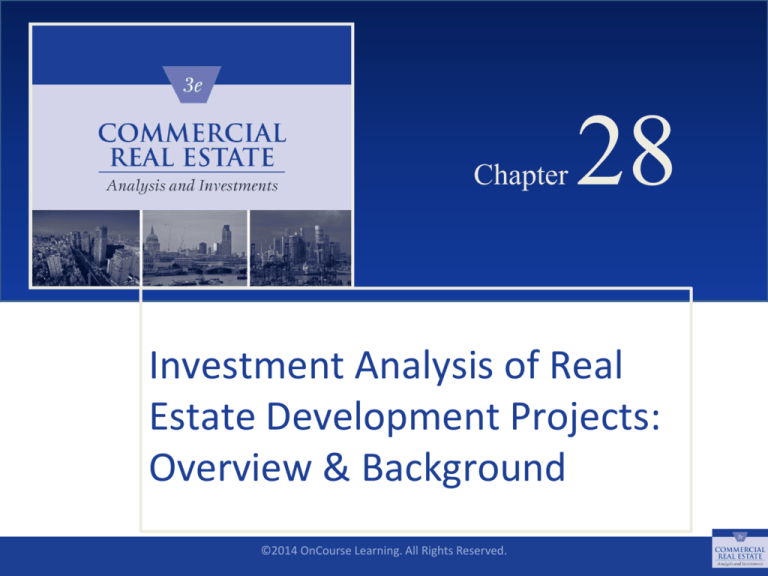
CHAPTER
28
Chapter
28
Investment Analysis of Real
Estate Development Projects:
Overview & Background
SLIDE 1
©2014 OnCourse Learning. All Rights Reserved.
CHAPTER
28
CHAPTER OUTLINE
28.1 Overview of the Development Decision-Making
Process
The Trend Towards Greener Development
28.2 Basic Information: Enumerating Project Costs and
Benefits
28.3 Construction Budget Mechanics
28.4 Simple Financial Feasibility Analysis in Current Practice
28.4.1 Simple Feasibility Analysis Explained
28.4.2 Problems with the Simple Approach
28.5 Chapter Summary
SLIDE 2
©2014 OnCourse Learning. All Rights Reserved.
CHAPTER
28
LEARNING OBJECTIVES
After reading this chapter, you should understand:
The typical real estate development project decision
process, at a broad-brush level, and the trend
towards greener and more sustainable buildings.
The role of financial analysis in development project
decision making and the mortgage-based simplified
techniques that are widely employed in this role in
current practice, including their strengths and
weaknesses.
The basics of construction loan mechanics.
SLIDE 3
©2014 OnCourse Learning. All Rights Reserved.
28.1 Overview of the Development DecisionMaking Process The Trend Towards Greener
Development
SLIDE 4
©2014 OnCourse Learning. All Rights Reserved.
CHAPTER
28
© OnCourse Learning
EXHIBIT 28-1 Iterative, Multidisciplinary Process of
Real Estate Development Decision Making (the
Graaskamp Model)
CHAPTER
28
SLIDE 5
©2014 OnCourse Learning. All Rights Reserved.
© OnCourse Learning
EXHIBIT 28-2 Development Project Phases:
Typical Cumulative Capital Investment Profile and
Investment Risk Regimes
SLIDE 6
©2014 OnCourse Learning. All Rights Reserved.
CHAPTER
28
CHAPTER
28
© OnCourse Learning
EXHIBIT 28-3 Development Project Typical
Sources of Investment Capital
SLIDE 7
©2014 OnCourse Learning. All Rights Reserved.
CHAPTER
28
The Trend Towards Greener Development
SLIDE 8
©2014 OnCourse Learning. All Rights Reserved.
28.2 Basic Information: Enumerating Project
Costs and Benefits
SLIDE 9
©2014 OnCourse Learning. All Rights Reserved.
CHAPTER
28
CHAPTER
28
28.3 Construction Budget Mechanics
SLIDE 10
©2014 OnCourse Learning. All Rights Reserved.
28.4 Simple Financial Feasibility Analysis in
Current Practice
SLIDE 11
©2014 OnCourse Learning. All Rights Reserved.
CHAPTER
28
CHAPTER
28
28.4.1 Simple Feasibility Analysis Explained
SLIDE 12
©2014 OnCourse Learning. All Rights Reserved.
CHAPTER
28
EXHIBIT 28-4 SFFA Front-Door Procedure
SLIDE 13
©2014 OnCourse Learning. All Rights Reserved.
CHAPTER
28
28.4.2 Problems with the Simple Approach
SLIDE 14
©2014 OnCourse Learning. All Rights Reserved.
CHAPTER
28
EXHIBIT 28-5 SFFA Back-Door Procedure
SLIDE 15
©2014 OnCourse Learning. All Rights Reserved.
CHAPTER
28
28.5 Chapter Summary
SLIDE 16
©2014 OnCourse Learning. All Rights Reserved.
CHAPTER
28
KEY TERMS
SLIDE 17
site-looking-for-a-use
use-looking-for-a-site
lease-up risk
development project phases
construction and absorption budget
operating budget
stabilized (year or cash flows)
hard costs
soft costs
sustainable development
absorption or lease-up phase
on spec (speculative development)
tenant build-outs
construction loan
future advances
draw-down (of loan commitment)
draw
permanent loan
certification of occupancy
take-out loan
accrued interest
financing costs (construction loan
interest)
simple financial feasibility analysis
(SFFA)
front-door feasibility analysis
back-door feasibility analysis
gross leaseable area (GLA)
efficiency ratio
net rentable area (NRA)
financial feasibility
financial economic desirability
©2014 OnCourse Learning. All Rights Reserved.

